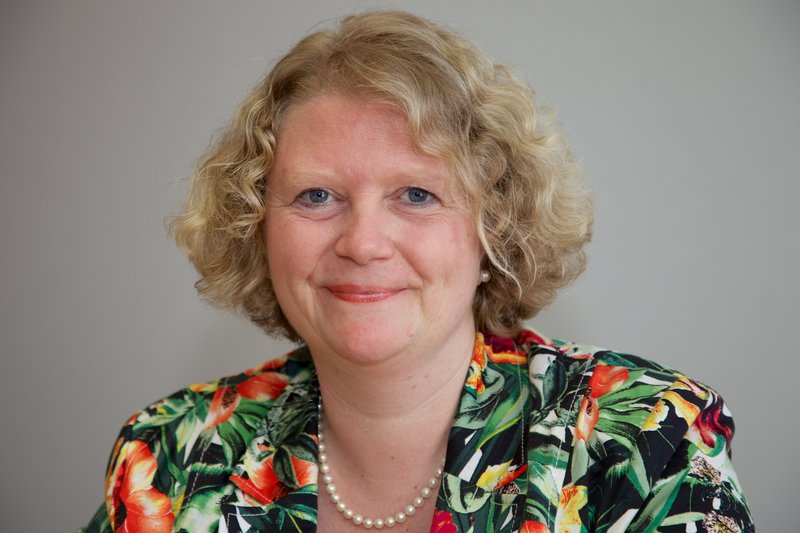When Tumors Return
News Angelika Eggert

Photo: Mirco Lomoth
Scientists discover new genetic variations in neuroblastoma - Charité - Universitätsmedizin Berlin Press Release:
Malignant cells can 'learn' how to defend themselves against specific treatments – this also holds true for neuroblastoma and solid tumors emerging during childhood. Genetics studies using next-generation sequencing have now made it possible for a group of researchers working with pediatric oncologists at the Charité – Universitätsmedizin Berlin to gain new insights into the genetic makeup of tumors. In the current edition of the professional journal Nature Genetics*, the scientists outline the related molecular characteristics ─ so-called signatures that elicit changes in the tumor and that are resistant to current therapeutic options.
Cure rates as high as 80% can now be reached for the treatment of some cancers in children and adolescents, and is indeed a major medical achievement. Tumors that return in a relapse, however, are a different story. Treatment options remain limited, and the chances of recovery from a returning neuroblastoma are particularly poor. The genetic differences between the initial disease and a recurrent tumor have now been examined by a group of researchers headed by Prof. Dr Angelika Eggert and Prof. Dr Johannes Schulte, Department of Pediatric Oncology / Hematology of the Charité. They were able to successfully identify new molecular signatures in the tumor genome of young neuroblastoma patients who had become resistant to chemotherapy.
The scientists also identified altered genetic patterns in the recurring tumors that can now serve as new points of attack for targeted molecular therapies. "Our results have presented us, for the first time, with a good idea about where to best attack these aggressive recurrent tumors using new medications to hit the weak points and get around their resistance to the usual therapy. Our results also put foreward specific structures on the tumor surface to which new medications can be developed", says Prof. Angelika Eggert.
The study was carried out in cooperation with researchers from the Essen University Hospital, the University Hospital Cologne and the German Cancer Research Center Heidelberg. The German Consortium for Translational Cancer Research, the German Research Foundation (DFG) and the EU have also provided support for the project. "For relapsing neuroblastoma, the medical community currently faces a nearly impossible challenge. Hopefully, over the years to come our analyses will be able to offer new perspectives for this often deadly disease" says Prof. Johannes Schulte. The scientists will continue their work through funding provided by the Einstein Foundation and the Berlin Institute of Health (BIH) at the Charité, as well as the Max Delbrück Center for Molecular Medicine Berlin.
* Alexander Schramm, Johannes Köster, Yassen Assenov, Kristina Althoff, Martin Peifer, Ellen Mahlow, Andrea Odersky, Daniela Beisser, Corinna Ernst, Anton G. Henssen, Harald Stephan, Christopher Schröder, Lukas Heukamp, Anne Engesser, Yvonne Kahlert, Jessica Theissen, Barbara Hero, Frederik Roels, Janine Altmüller, Peter Nürnberg, Kathy Astrahantseff, Christian Gloeckner, Katleen De Preter, Christoph Plass, Sangkyun Lee, Holger N. Lode, Kai-Oliver Henrich, Moritz Gartlgruber, Frank Speleman, Peter Schmezer, Frank Westermann, Sven Rahmann, Matthias Fischer, Angelika Eggert & Johannes H. Schulte. Mutational dynamics between primary and relapse neuroblastomas. Nature Genetics. 2015 June 30. doi:10.1038/ng.3349.

